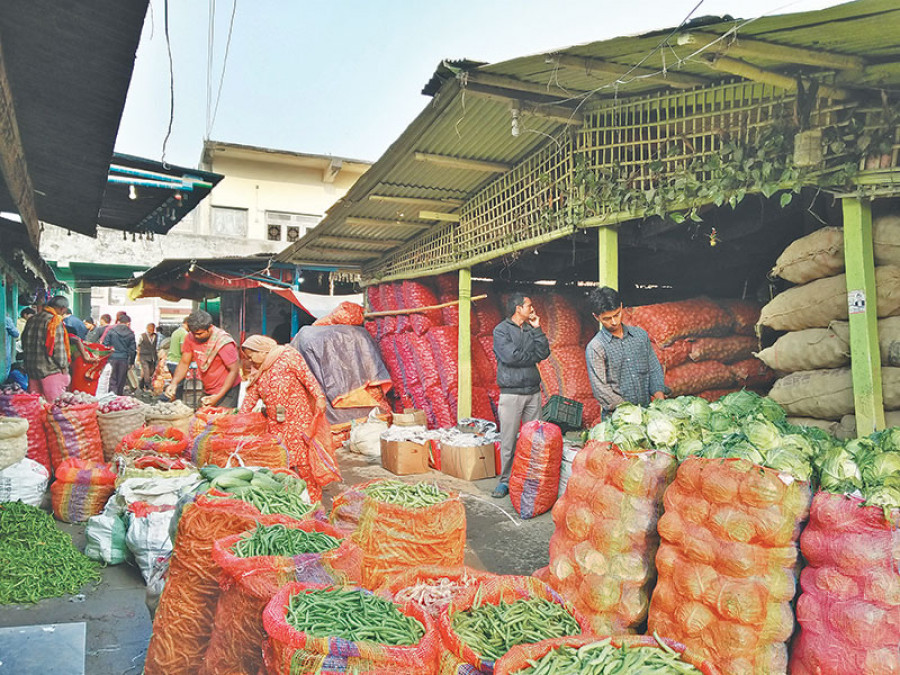Editorial
Seed the future
The government has to rethink agricultural sustainability and food security.
Nepal has more mouths to feed than ever and relies heavily on food imports, hybrid seeds and chemical fertilisers, making it increasingly dependent and vulnerable to food insecurity. In the last fiscal year, the country imported agricultural products worth $2.3 billion, according to the Department of Customs. While the ballooning import bills contribute significantly to an already bloated trade deficit, the alarm bell could have never been louder with the pandemic’s onset last year that closed borders and disrupted the supply-chain system further aggravated by geopolitical issues.
The political will to correct the course and devise a comprehensive agriculture strategy that serves the country’s interest and prioritises farmers is the biggest impediment to agricultural progress, as reflected in the government’s ad hoc decisions that never materialise and are outright unsustainable in the long run. The government increased the budget for subsidised chemical fertilisers from Rs5 billion to Rs11 billion this fiscal year to ensure timely and adequate supply, but a severe shortage of plant nutrients marked the summer growing season.
While the supply lines were severed by the pandemic last year, recurring shortages of fertilisers have long been a bane for tens of thousands of farmers in Nepal who rely on contraband agri inputs. This problem is primarily because of the government’s short-sightedness, which ignores the plain truth that agricultural output in the country has always declined whenever there is a shortage of chemical fertiliser. Given our current farming systems approach, chemical fertiliser is a primary agricultural input that determines output and productivity.
Data from the Ministry of Agriculture and Livestock Development shows that demand for chemical fertiliser has shot up following the spread of commercial agriculture, which also relies heavily on imported hybrid seeds. According to the ministry, Nepal’s annual chemical fertiliser requirement stands at more than 700,000 tons while imports amount to around 300,000 tons. The pandemic has already exposed how heavy reliance on agri inputs imports is not feasible for the development of agriculture; but policymakers, it seems, have not taken the lessons seriously.
As plans to construct a chemical fertiliser plant in the country followed the crisis last year, the government has a new plan to create a buffer stock of chemical fertilisers in all provinces to ensure regular supply to farmers. The political leadership, past and present, which promises agriculture self-sufficiency and organic agriculture, has to judge these proposals with the country’s best interests in mind to avert a crisis that could have devastating consequences. Commercial agriculture is here to stay. There are no two ways about it. But we need to take two steps back and gauge if our measures are scientific and sustainable while meeting our productivity and profitability targets.
To avert these recurrent shortages of agri inputs that dampen economic growth of the country at the cost of a majority smallholder farmers, the government has to mend its ways and rethink agricultural sustainability and food security. The government must actively engage with the stakeholders to revisit the past and learn from emerging best practices in commercial agriculture to plan for the future. Only surrendering to market elements that push us deeper into foreign dependency, needless to say, will have economic and political implications for the country.
We are running behind time to introduce the right policy interventions and ignoring science at our peril. If we do nothing to manage and mitigate our risks, our import bills will continue to grow while putting a dent in farmers’ aspirations.




 9.7°C Kathmandu
9.7°C Kathmandu














